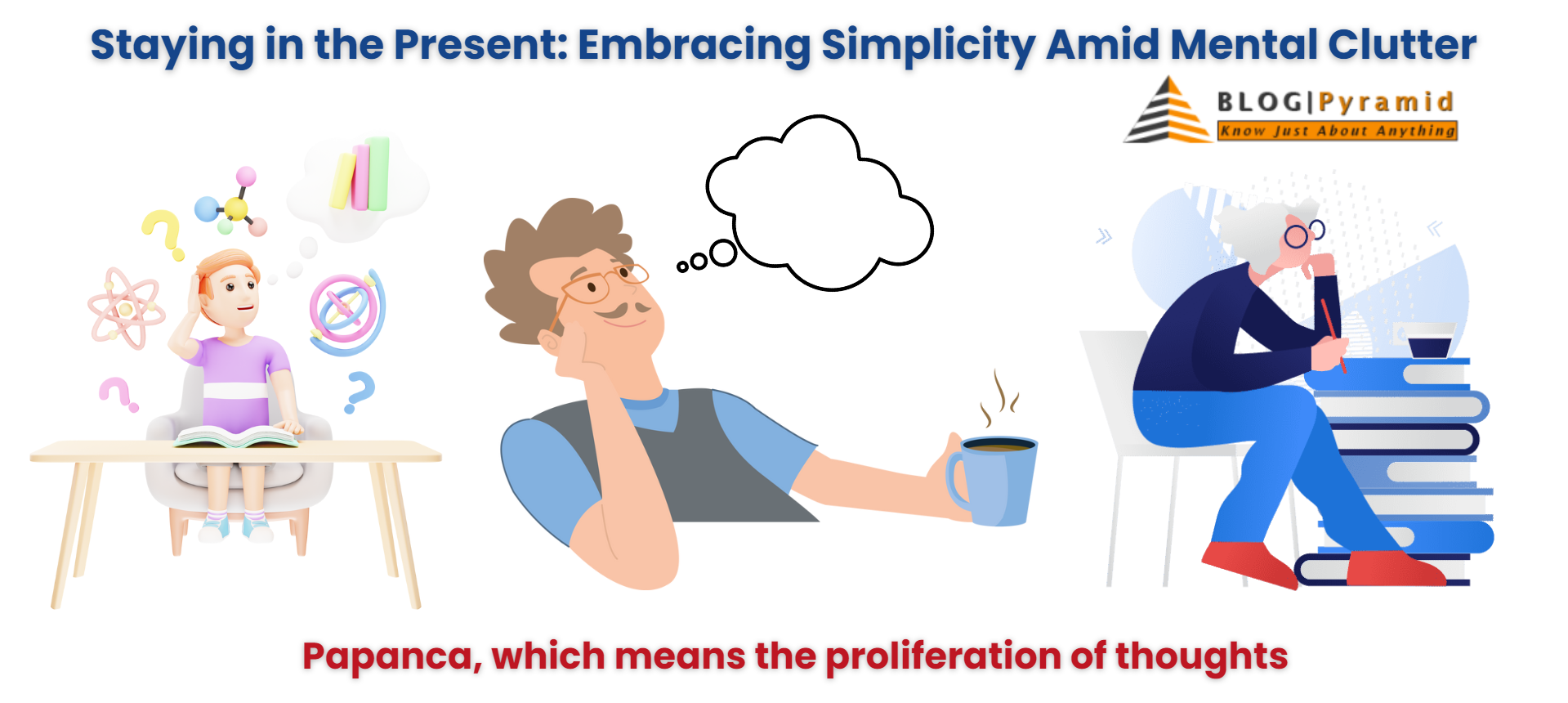
Various browser like Mozilla, Google, Opera and Microsoft all joined hands supporting the new White House “privacy bill of rights.” The browsers would now have to adopt a “do not track” option. This would enable the surfers to explicitly choose their participation in online paid advertising.
Both Google and Mozilla guaranteed of features that would provide real choice and user control. They would now firmly commit to the “do not track” technology. Spearheaded by the Digital Advertising Alliance (DAA) and the Federal Trade Commission and Commerce Department, they would provide solutions which would protect the people’s privacy in the online world. All web advertisements and marketing companies track the user’s online activity. Analyzing these trends of the end-user the companies target their audience. The web surfers are often unaware of this. This resulted in FTC to call on browser makers to develop the do not track option. Most of the major companies have come up with their own solutions, the DAA still plans to streamline the entire modus operandi.
Hours after Firefox announced of its “do not track” feature, Google pronounced of its new extension “Keep My Opt-Outs.” This empowers the audience to permanently opt-out of all advertisement tracking cookies. Further supported by the Network Advertising Initiative (NAI) conjoined with a number of network advertisers, they all corroborated a universal privacy icon for the ads. These opt-out guidelines were further advocated by 15 largest networks in the US.
With the impediment of the Google tool, you can now exercise your own customized setting. This would allow you to choose your participation in the advertisements once and for all. Much smarter, Google included detailed cookie controls with access to Adobe Flash Player storage management.
Definitely not the first strike of the giant to implement control of personal data, the “Keep My Opt-Outs” feature facilitates the past efforts. Through industrially regularized self regulated programs, Chrome took the meaningful step forward. The code for the extension is available open-source. Chrome has also acclaimed to provide the same to other browsers. So even if you do not use chrome, you would still be able to opt-out of the tracking.
The focus of implementing the following was to give a sense of security to all its users. This would people in control of their information. The aim was to enhance the online experience with the essence of security.






